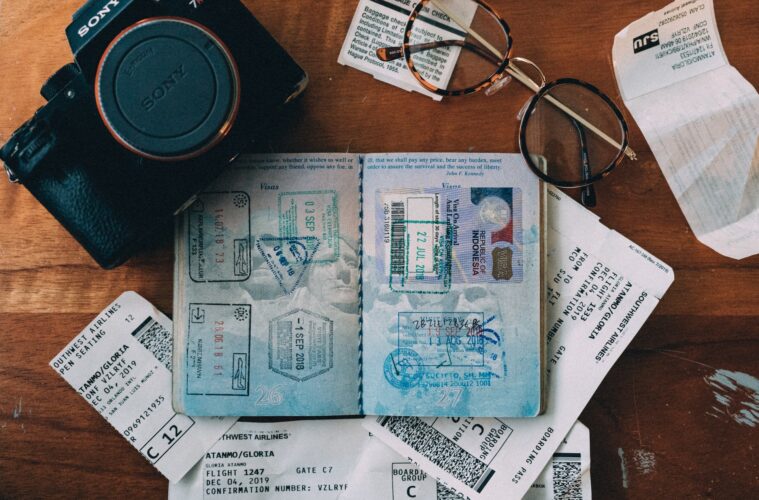Travelling, an activity cherished by many, has the power to ignite a fire within us—a relentless desire to explore, discover, and experience the world. For some, this passion evolves into an addiction, an insatiable longing known as “the travel bug.” In this article, we delve into the depths of travel addiction, exploring its origins, symptoms, and impact on individuals’ lives.
The Call of the Unknown
For those afflicted by the travel bug, the mere thought of new horizons, foreign cultures, and unexplored landscapes becomes an irresistible siren song. The allure lies in the anticipation of the unknown, the thrill of immersing oneself in the unfamiliar. Every journey sparks an indescribable sense of freedom, breaking the chains of routine and plunging into a world brimming with possibilities.
Origins and Triggers
The roots of travel addiction can often be traced back to significant life experiences, such as transformative trips during childhood, encounters with diverse cultures, or awe-inspiring moments in foreign lands. These experiences plant the seed of curiosity, gradually fostering an addiction that intensifies with each subsequent voyage. Additionally, the advent of social media and travel blogs has contributed to the widespread fascination with exploring the world, fuelling the desire to capture and share captivating travel experiences.
Symptoms of Travel Addiction
1. Restlessness and Wanderlust: A travel addict perpetually yearns for new destinations and experiences. The mere act of planning the next adventure brings a surge of excitement and anticipation.
2. Dissatisfaction with Routine: A sense of unease settles in when confined within the boundaries of everyday life. Mundane tasks and familiar surroundings lose their appeal, further igniting the desire to escape.
3. Withdrawal Symptoms: When unable to travel, addicts may experience restlessness, irritability, and even depression. The absence of exploration can lead to a profound longing for the freedom and novelty that travel provides.
4. Relentless Pursuit: Travel addicts are willing to go to great lengths to satisfy their cravings. They meticulously plan itineraries, save money, and rearrange their lives to accommodate their next voyage.
5. Constant Research: A travel addict can often be found browsing travel websites, reading guidebooks, or daydreaming about future destinations. They immerse themselves in the world of travel even when they are not physically on the road.
Impacts on Personal and Professional Life
While travel addiction can enrich one’s life, it can also exert a significant impact on personal relationships, careers, and financial stability. Constant travel may strain relationships with loved ones who do not share the same passion, and careers can be disrupted due to frequent absences. Financial strain is another consequence, as travel can be an expensive pursuit. Balancing the desire to explore with the responsibilities of everyday life becomes a delicate art that few master.
Coping Strategies and Finding Balance
For those struggling with travel addiction, finding balance is crucial. Here are a few strategies to cope with the intense desire to explore:
1. Savouring the Familiar: Embrace the beauty of your hometown or local surroundings. Discover hidden gems, attend cultural events, and delve into the local community to quell the wanderlust.
2. Set Realistic Goals: Plan trips that align with your current circumstances, whether it’s a weekend getaway or a short vacation. This allows you to satisfy your travel cravings without compromising other aspects of life.
3. Engage in Armchair Travel: Immerse yourself in travel literature, documentaries, or virtual reality experiences. While not a substitute for actual travel, these activities can temporarily satiate the desire for exploration.
4. Incorporate Travel into Daily Life: Infuse your routine with elements that evoke a sense of adventure. Try new cuisines, learn a new language, or participate in cultural activities to add a touch of travel to your daily experiences.
Travel Addiction Conclusion
The travel bug, a captivating and addictive phenomenon, can ignite a passion for exploration that becomes an integral part of one’s identity. While the desire to travel is a beautiful pursuit, it is essential to strike a balance between wanderlust and the obligations of everyday life. By embracing the joys of both exploration and rootedness, one can lead a fulfilling life where the thrill of travel coexists harmoniously with other aspects of existence.



